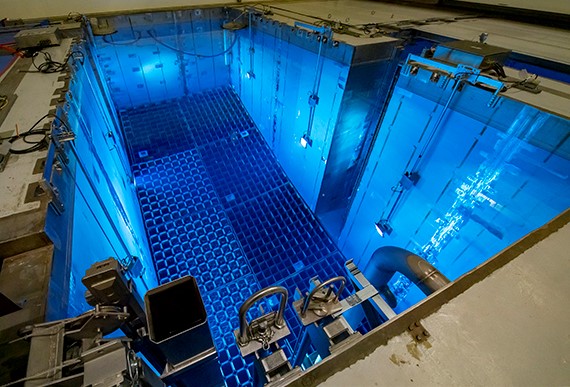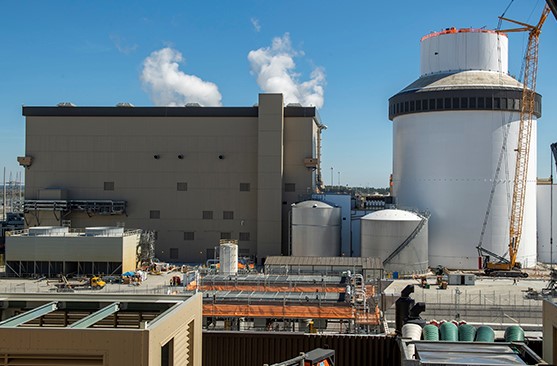Previous Participant Visionary City winners include Douglas and Griffin in 2021, and Adel, Hogansville, Marietta and Thomasville in 2020.
“We’ve seen Georgia’s cities go above and beyond to continue serving and connecting their residents,” said GMA Executive Director Larry Hanson. “It’s our privilege to recognize the elected officials, city staff and community leaders responsible for this year’s visionary initiatives. These cities exemplify what it means to be forward-thinking and they serve as inspiring examples of civility, collaboration and what it means to create communities of positive change across Georgia.”
The Visionary Cities are grouped by population: Large (more than 25,000), Medium (5,000 to 24,999) and Small (fewer than 4,999). Lawrenceville represents the Large category among Visionary Cities, while Acworth, Covington and Moultrie all earned their designation in the Medium category.
Following are details of the civic projects and initiatives that helped each Participant earn the Visionary City designation. Reprinted with permission from Georgia Trend.

Lawrenceville
Summer job programs are nothing new. But the nonprofit community service group Impact46 had something significantly more robust in mind when it approached the city of Lawrenceville a few years ago about creating the Summer of Impact internship program.
The kids who participate in the program – students from Lawrenceville high schools – tend to be those for whom a summer job is a necessity, not an option. What if, organizers asked, those jobs could be more meaningful than just passing hamburgers through the drive-thru window for minimum wage? What if they could pay better, teach career-oriented skills and be worthy of inclusion on resumes?
Participants quickly learned there’s more to this program than just a job. Applicants must complete a leadership program, learn to develop a resume and prepare for interviews. And, once all the hurdles are jumped, the program holds a signing day, patterned after the signing day hosted for athletes moving on to college spots.
The city of Lawrenceville’s community relations, finance, public works and purchasing departments have participated, as well as the Aurora Theatre and the Gwinnett Stripers, a minor league team for the Atlanta Braves, among others. Success stories since the program launched in 2018 include a young man who had intended to drop out of school, but discovered he loved electrical work after an internship at the city. He went on to graduate and now works for the city while pursuing his electrical training.
“Through the Summer of Impact program, students from Central Gwinnett and Discovery high schools are given a unique opportunity to be immersed in their field of interest with a local business or nonprofit,” said Lawrenceville Mayor David Still. “It is a win-win for the students, the business and the community. Through this program, we are building a legacy of leaders in Lawrenceville.”
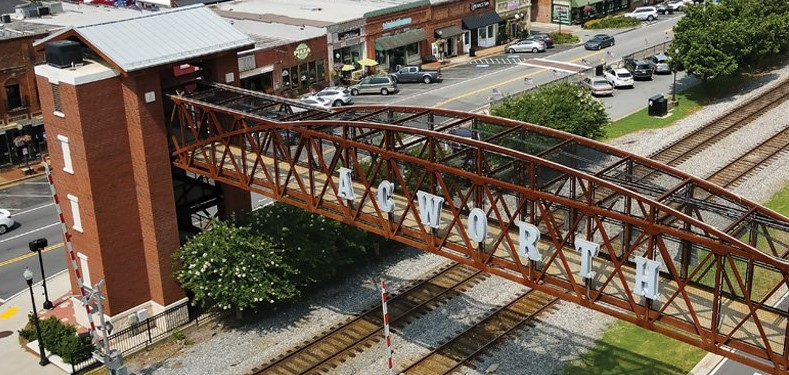
Acworth
Home to two historically Black churches and two schools established during segregation (the Roberts School and a Rosenwald School), Acworth’s Parkside District is central to the city’s diverse history. It was also in desperate need of redevelopment due to neglect and the effects of racial discrimination. Thanks to a long-term plan, designation in 2010 as an Opportunity Zone and a total of $20 million in investment, the district has gained parks, a community center, new restaurants, homes and businesses, an art center and a history museum.
Among the highlights are the new $12 million Acworth Community Center, with its Expanding Horizons program that provides field trips, recreational opportunities and mentorship; and the new Doyal Hill Park, named for the city council’s first Black alderman, with an interpretive exhibit featuring public art honoring Acworth’s rich Black history.
The city also made sure that Black historical landmarks were preserved, using community block grant funds to renovate the Roberts and Rosenwald Schools. Substandard residential property was replaced by subsidized housing for low-income seniors, and Downtown Development Authority funding built a pedestrian bridge that includes an elevator on each side and programmable LED lighting technology and which spans the railroad tracks, connecting each side of the district. Lastly, the 120-acre Logan Farm Park offers multiuse paths, open green space, a playground, group pavilion and more.
These “equitable and inclusive” efforts won Acworth the selection to the All-America Cities Hall of Fame. “The key challenge throughout the development and implementation process of the Parkside District was patience,” said James Albright, Acworth’s city manager. “There were years where we took huge leaps toward accomplishing our goals and vision, but also years that small steps were taken and not a lot was accomplished. In the end, patience and discipline allowed the city’s leadership team to follow the plan, one step at a time, and see it ultimately come to fruition. We are very proud of what the Parkside District is to our community, and we are honored to be recognized as a Visionary City.”
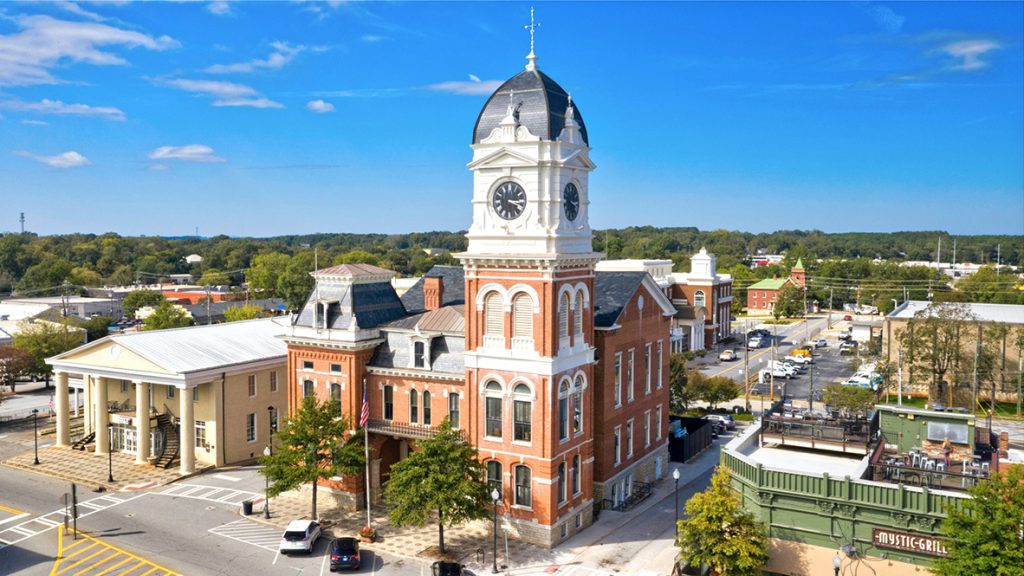
Covington
Like so many cities within the Atlanta metro area, Covington has grown like crazy. The city council and mayor saw it coming, listing “Prepare for the Community of Tomorrow” as one of the goals in the strategic plan. So when City Manager Scott Andrews was hired in 2019, he looked for unique ways to prioritize and enhance community engagement.
The city’s initiative is made up of a series of groups that residents can join, tackling issues ranging from community beautification, homelessness, future planning and more. Examples include Coffee Talks with the Mayor, a citizens’ police review board, a public art program called PAINT and a youth council.
“One of the key challenges as we started our community engagement initiative was bringing together the public and stakeholders to be a part of the programs,” said City Manager Scott Andrews. “Preparing for the city of tomorrow means ensuring that everyone has a voice at the table, so we took the goal of having as many voices as possible seriously.”
Andrews saw a unique opportunity to use electronic communications and marketing for the first time. The base group of contacts created from existing email lists, volunteer lists and local social groups is called Covington’s “Community Champions.” Social media helped spread the word about group meetings, and also widened participation by urging attendees to “bring one or two friends with you” to the next session.
To ensure groups got the proper attention, the city assigned two contacts to each. Group leaders were tapped to help facilitate efficient communication, including small group meetings with council, staff and residents. That way, someone is always available to assist with facilitation of the groups.
“It is so inspiring to see that when we brought many people into the room, they made the change happen for the community,” Andrews said. “We saw artists, social workers, planners and many others see a need in the community and provide for the need. Our many accomplishments would not be successful without our volunteers and for their dedication we are incredibly grateful.”
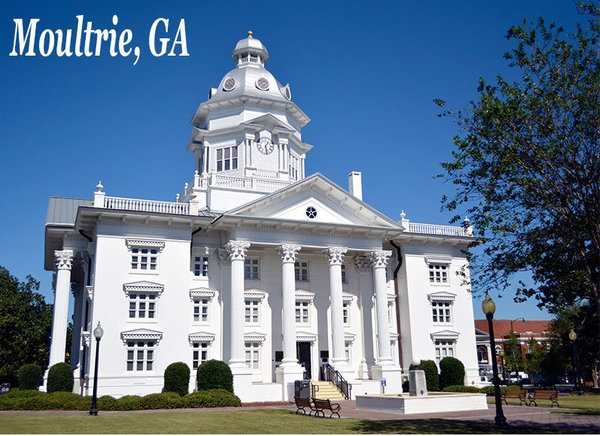
Moultrie
The transformation of Moultrie’s downtown didn’t happen overnight. Six years ago, the city worked with other downtown organizations to create a strategic plan whose goal was to improve blighted areas while making the redeveloped spaces attractive to residents of all ages, races and genders and encouraging economic development in Colquitt County’s largest city. Now five projects have made that reality.
Moultrie’s first pocket park, created from a vacant corner lot donated by Southwest Georgia Bank, kicked off the downtown enhancements. Two more parks followed: a walk-through park connecting to a newly renovated parking area, and Mule Barn Park, which turned a highly visible corner once clogged with debris, trash and drainage issues into an inviting spot with tables and seating walls, trees and plants, better lighting and other improvements.
“Mule Barn Park is a great addition to our downtown, enhancing its vitality and beauty,” said Mayor Bill McIntosh. “It will be enjoyed by many people for years to come.”
In March 2021, the fourth big project, a new downtown Welcome Center, opened and has already hosted thousands of visitors and conference attendees at its courthouse square location. Abraham Baldwin Agricultural College donated the former satellite office facility to the city. The fifth project added other downtown enhancements including a speaker system, free WiFi and a security camera network.
“All of these maiden projects have spurred private growth estimated to be around $2 million,” said Amy Johnson, Moultrie’s downtown economic development and public relations director. “Since beginning these projects, multiple businesses have opened, murals have been introduced and an announcement for a new mental health facility was made. Thousands of citizens and visitors of all ages, races and religions now experience and enjoy downtown more than ever before.”

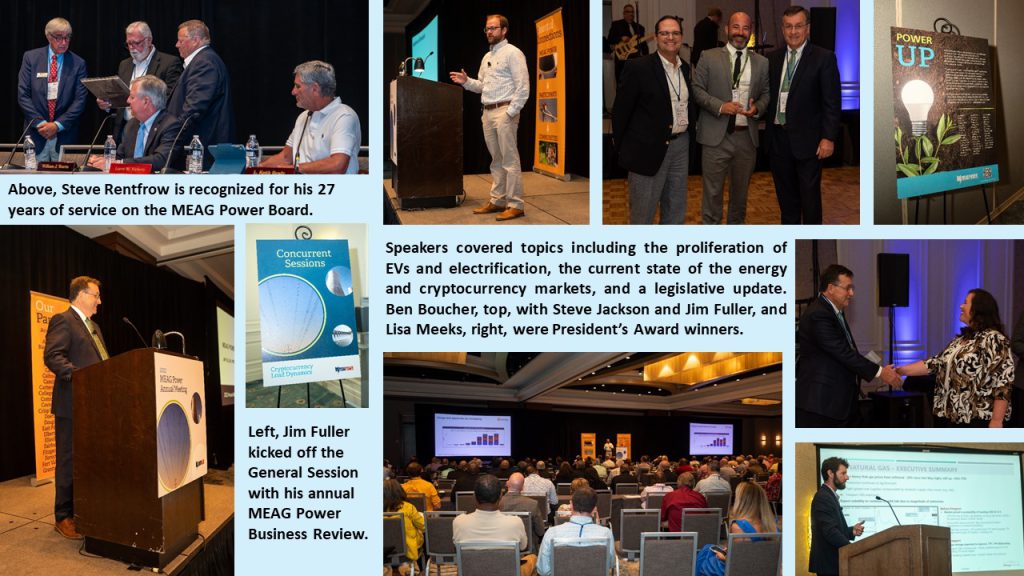
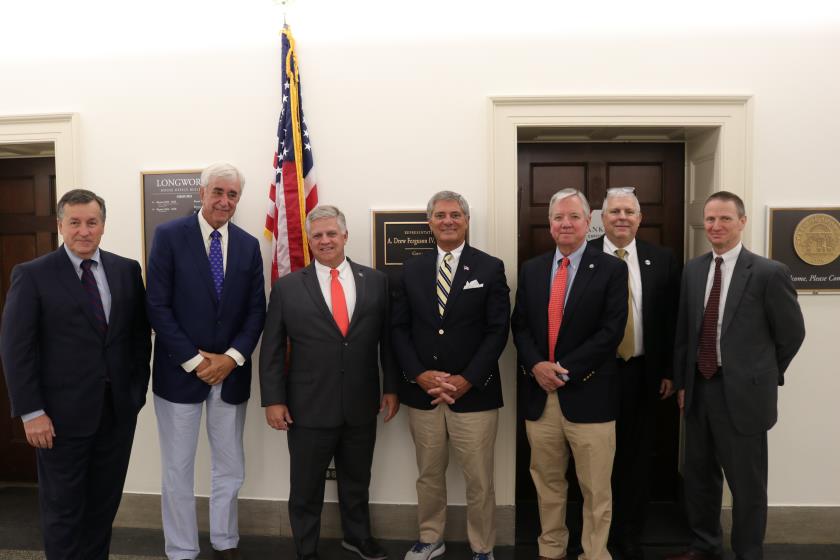
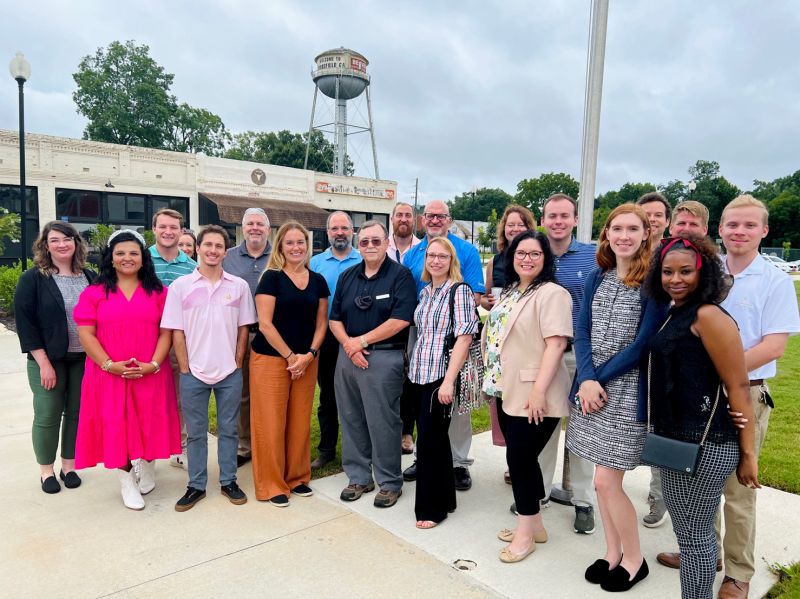
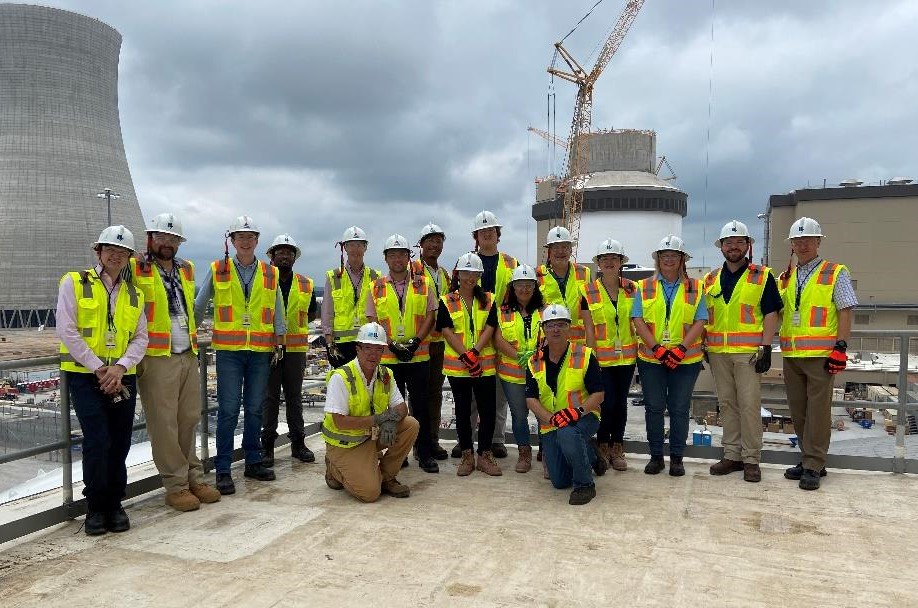

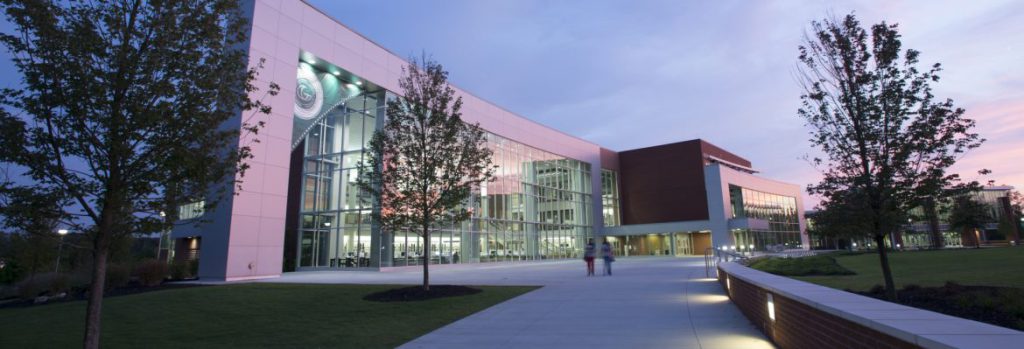
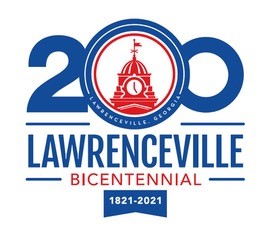 commerce and remains the center of downtown today. A mixed-use retail and business complex, Honest Alley, commemorates the place where mule buyers and sellers gathered to trade in good faith. One of the earliest manufacturers, Lawrenceville Manufacturing Company, made goods for the Confederate Army during the Civil War.
commerce and remains the center of downtown today. A mixed-use retail and business complex, Honest Alley, commemorates the place where mule buyers and sellers gathered to trade in good faith. One of the earliest manufacturers, Lawrenceville Manufacturing Company, made goods for the Confederate Army during the Civil War.





